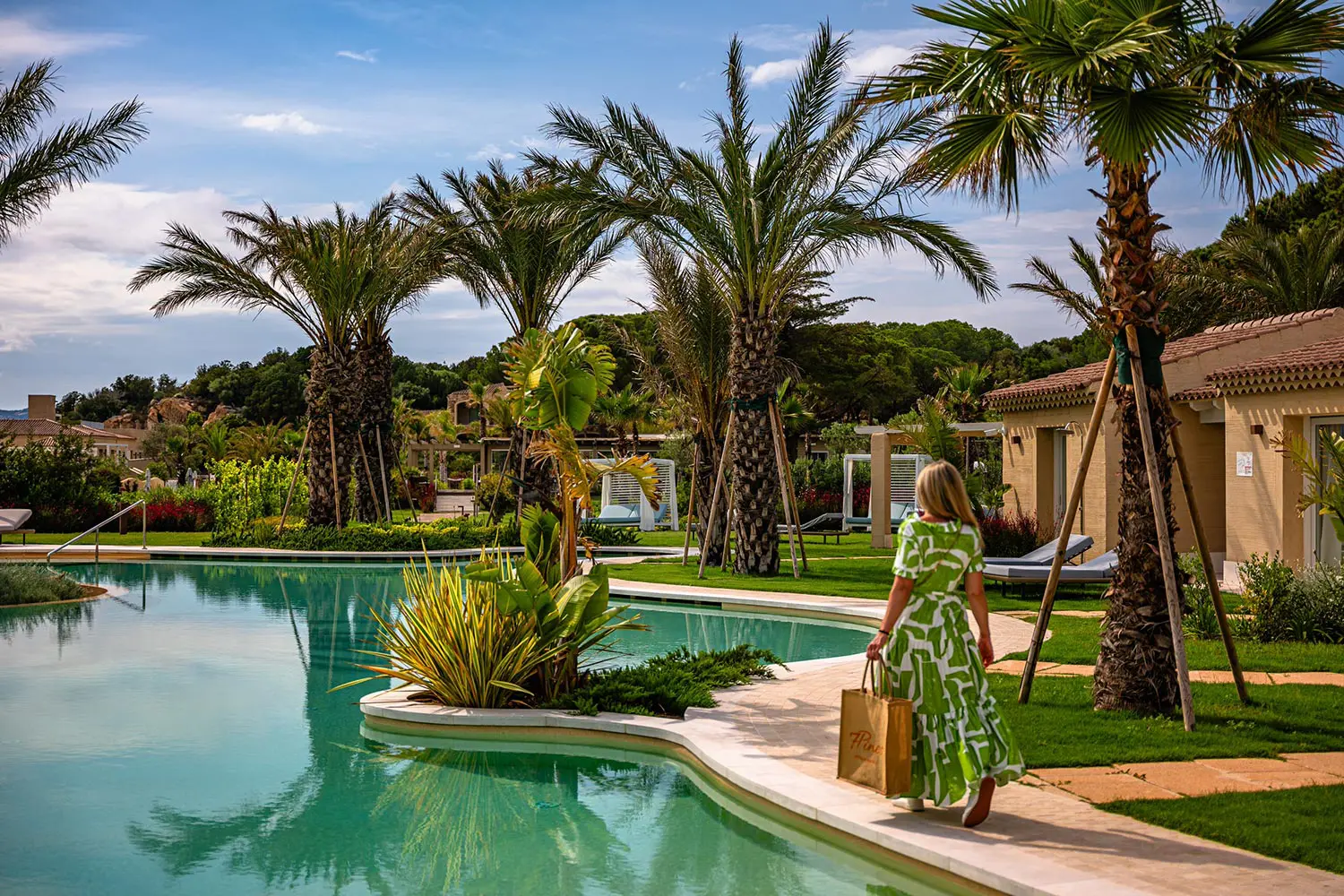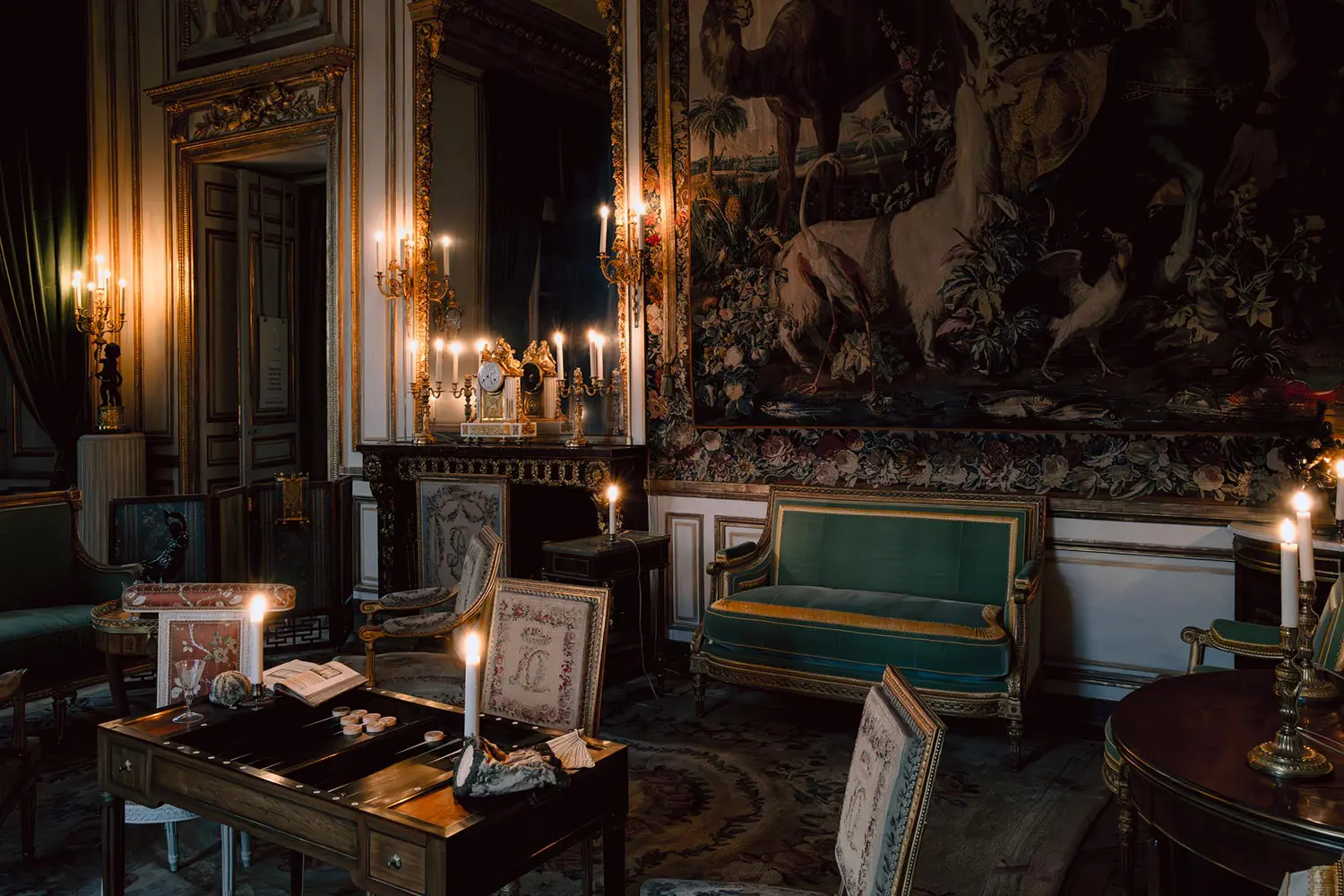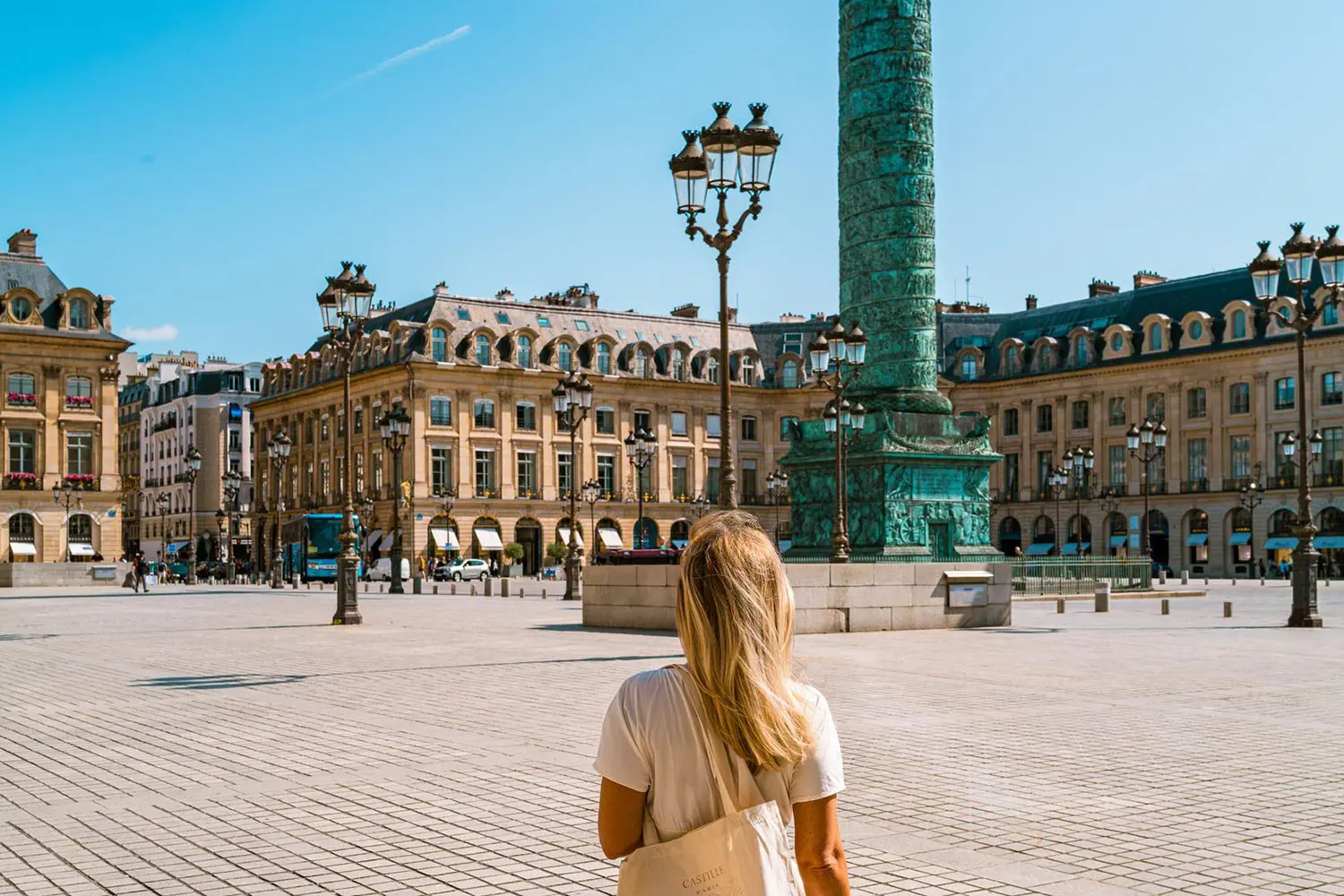The hospitality industry, a vibrant beacon of global economic activity, experienced a remarkable rebound, growing from $4,390.59 billion in 2022 to $4,699.57 billion in 2023. This robust 7.0% compound annual growth rate (CAGR) highlights the sector’s resilience and adaptability. (Hospitality Global Market Report 2023)
As we gaze into the future, the horizon brightens with projections of reaching $5,816.66 billion by 2027, thanks to a steady CAGR of 5.5%. Such growth underscores the critical importance of innovative management practices in sustaining this upward trajectory. (Hospitality Global market report 2022)
Revolutionising Luxury Hospitality: Embracing Lean Management to Enhance Efficiency and Elevate Guest Experiences
In the field of luxury hospitality and travel, the concept of lean management has emerged as a cornerstone strategy, pivotal for enhancing operational efficiency and elevating customer experiences. Lean management, a philosophy rooted in the principles of waste reduction and value maximisation, originally developed in manufacturing, has found fertile ground in our industry. It’s not just about doing more with less; it’s about ingraining a culture of continuous improvement and deep respect for the people in the process.
Imagine, if you will, a hotel where every process is streamlined to perfection. From the moment a guest steps through the doors to their reluctant farewell, each touchpoint is crafted to ensure maximum efficiency and guest satisfaction. In such an environment, lean management transforms ordinary encounters into memorable experiences that resonate on a personal level.
A Fusion of InnoPeeling Back Layers: How Lean Management Principles Are Reshaping Luxury Hotel Operationsvation and Tradition
For hotel managers, embracing lean principles means scrutinising every operational aspect, from housekeeping schedules to guest check-ins, to identify non-value-adding activities. It’s like peeling back the layers of an onion, each layer revealing opportunities for improvement that, while perhaps invisible on the surface, can significantly impact overall performance.
One might ask, “How can this approach be both sustainable and luxurious?” The answer lies in understanding that true luxury in today’s world is about offering experiences that are not only exclusive but also conscientiously crafted. Guests are increasingly drawn to brands that not only pamper but also participate responsibly in the global dialogue on sustainability.
Take, for example, the use of technology to streamline operations. A simple implementation like digital check-ins can reduce wait times and free up staff to engage more meaningfully with guests. Meanwhile, behind the scenes, energy-efficient systems and waste-reduction initiatives contribute silently to a hotel’s sustainability targets.
Lean Luxury: Redefining Modern Travel with Tailored Experiences and Sustainable Innovation
The narrative of lean management is not just about operational tweaks; it’s about rethinking business models. Consider the concept of ‘Lean Luxury,’ which offers high-quality amenities without the unnecessary frills. This model appeals to the modern traveller who values both authenticity and sustainability. It’s about offering tailored experiences that align with personal values and cultural insights, much like the transformative journeys in Puglia where travellers immerse in local culture and untouched nature, resonating deeply with those seeking more than just a place to stay.
The journey towards lean management in the hospitality industry is more than a trend; it is a strategic imperative. As we navigate through the complexities of global tourism, the principles of lean thinking offer a beacon for sustainable growth. They compel us to look beyond the conventional, to innovate continually, and to deliver extraordinary experiences that touch the soul of our guests. This is the essence of modern luxury, creating the extraordinary out of the ordinary, where every detail counts and every interaction matters.
Transformative Lean Luxury: How Puglia’s Boutique Farmhouses Are Redefining Sustainable Travel
Take, for example, the enchanting region of Puglia in southern Italy, renowned for its whitewashed hill towns, centuries-old farmland, and lengthy Mediterranean coastline. Here, lean management has been adeptly applied to transform traditional masseria, farmhouses, into boutique accommodations that offer a unique blend of luxury, sustainability, and local flavour. By focusing on quality over quantity, these establishments provide personalised services that resonate deeply with those seeking authenticity alongside comfort. Lean principles here mean meticulous attention to guest interactions, streamlined local supply chains for food and materials, and respect for the architectural and cultural heritage, which enhances guest satisfaction and operational efficiency simultaneously.
Furthermore, the economic landscape in which this growth occurs is notably influenced by demographic shifts and evolving guest preferences. As hotel managers, understanding these dynamics is crucial for tailoring services that meet the sophisticated demands of a well-travelled clientele. Engaging with local cultures and communities, much like the sustainable tourism practices observed in Puglia, not only enriches the guest experience but also contributes to the social and economic vitality of the destination. It’s about offering tailored experiences that align with personal values and cultural insights, much like the immersive journeys in Puglia where travellers connect with the rustic beauty and culinary richness of the region, resonating deeply with those seeking more than just a place to stay.
This approach to lean luxury not only meets the demand for authentic and sustainable travel but also positions a hotel or resort as a thoughtful leader in the competitive landscape of luxury tourism. By weaving the principles of lean management into the fabric of their operations, hoteliers can ensure that they not only survive but thrive in today’s dynamic market. It’s not just about visiting a destination; it’s about experiencing it in a way that is both transformative and sustainable, infinitely between the earth and the sky.





